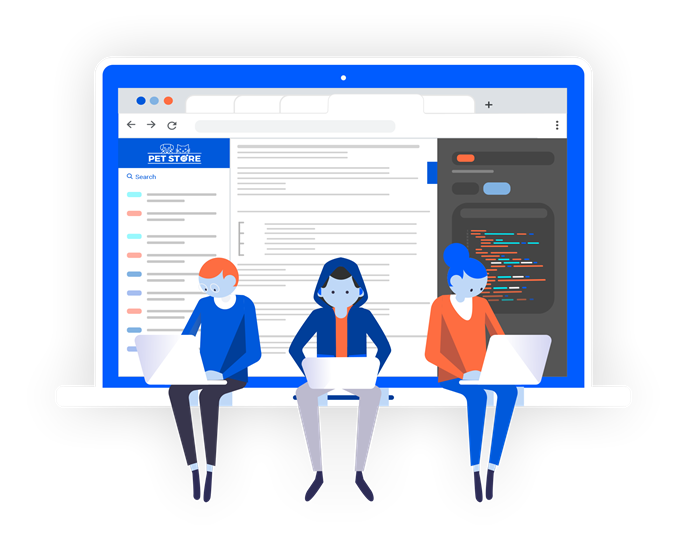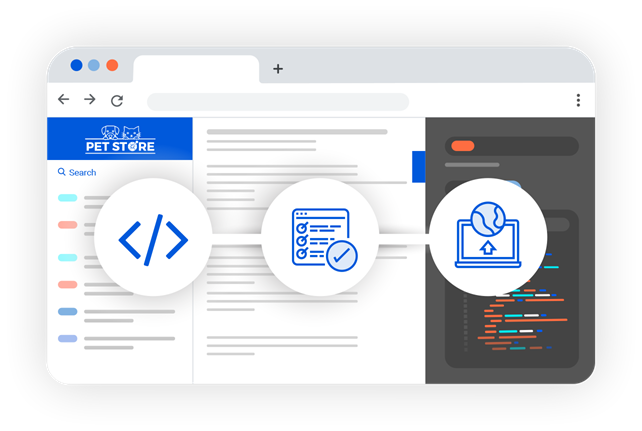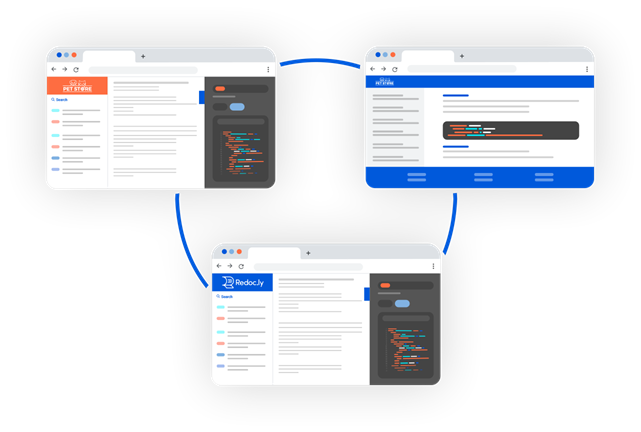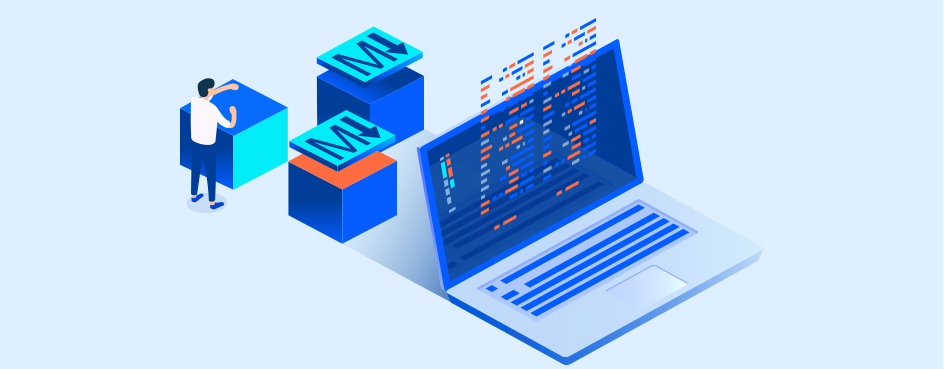Throughout the month of October, our focus has been troubleshooting and fortifying our products, but we didn't forget about new features and enhancements, either.
Building on some great customer feedback and our own internal research on delivering a great user experience, we added some really good updates to our products.
Let's have a quick look at our new features, enhancements and documentation-related news from October 2021.
API registry
Optimized user experience
The API registry now provides an optimized user experience to help you access and manage your API versions more efficiently.
- The list of APIs has been compacted, and each page only shows 10 API versions.
- Every API version is now its own item on the API registry page, using the format
API name @ API version. - You can search for APIs by name or version, and filter to show only API versions with specific labels.
Simplified process of adding new API versions
We've made a small, but significant, change to the flow of adding a new API version to the API registry.
- To create the first version of a new API, enter a new API name into the Name field (at the same time when creating your first API version).
- To add a new version to an existing API, select Add API and choose the name of the API from the dropdown in the Name field to be associated with your API version.
Renamed API registry settings
We renamed the Settings > Version page as Settings > API info to accommodate both Name and Version for the API. If you change the Name for an API from this page, it will automatically change for all API versions associated with that name.
Updated SAML configuration options
- The SAML configuration dialog in Workflows now supports a new field called RBAC roles attribute name that allows you to configure RBAC for SAML providers.
- You can now add SAML roles claim names as a space-separated list.
Allowed dependency packages
The following dependency packages have been added to the allowlist, so they can be used for custom plugins:
js-yaml@4.1.0json-pointer@0.6.1
Changelog Find out about other fixes and enhancements by visiting the Workflows changelog.

Reference docs
New theming option
We added support for a new theming option called middlePanelMaxWidth.
Add it to the layout > three-panel section of the Reference theme to control the width of the content in the middle panel. The content in the middle panel is automatically centered to fit the total middle panel area specified by your maxWidth option.
Configurable search indexing
You can now configure search indexing depth for your Reference docs with the searchMaxDepth option.
Set it to a number from 1 to 10 to control the maximum level of nested references to be included in the search index. The default value is 8.
You can also use this for Developer portals with integrated Reference docs.
Upgraded js-yaml package
Upgraded the js-yaml package from v.3 to v.4 with YAML 1.2 support. This upgrade resolves issues with parsing timestamps and example strings with leading zeros in YAML.
Reference docs changelog Here's a link to the entire Reference docs changelog.

Developer portal
Default MIME type in OpenApiCodeSample component
You can now set the default MIME type for code samples in the OpenApiCodeSample component.
Use the defaultMimeType configuration option to set the default MIME type, and the onlyDefaultMimeType option to show only the preset MIME type in code samples.
New options in OpenApiTryIt component
The OpenApiTryIt component now supports:
- The
onResponsecallback option that can be used to work with the response data after a successful request. It also supports therequestargument that allows it to inspect request data after performing a request. - The
securityDefaultsproperty that allows users to specify default values for security schemes in their example requests.
Resizable table columns
Portal visitors can now interactively resize the columns in any table by dragging the separators between column names in the table header. This improves readability of the content in tables, and helps your portal readers adjust the content to their screen size.
Support for custom redirects
The portal now supports a global configuration file for custom redirects.
The file must be named redirects.yaml or redirects.json and stored in the root directory of the portal project.
Improved Link component for custom login pages
When using the Link component for custom login pages, previousPath will now be present in location.state.
This is useful to get the referrer page and redirect back to it after the login.
Developer portal changelog Read the entire list of fixes and enhancements on the Developer portal changelog.

OpenAPI CLI and Redoc
OpenAPI CLI changelog Read more about OpenAPI CLI fixes and enhancements by visiting the OpenAPI CLI changelog.
Redoc changelog To find out more about Redoc CLI fixes and enhancements, see the Redoc changelog.
Documentation updates
In addition to swiftly filling in the gaps between our product features and docs, our technical writing team spent a good chunk of time attending to customer feedback around documentation.
Our customers and their users can easily submit feedback on various things that are unclear or missing in our documentation, and we continuously monitor and work on these to make sure the documentation experience is as good as our developer experience.
In October, we added new topics for:
- API registry settings: API info, Branches, Delete version and Environment variables
- Registry assets: Add assets and View and download assets
- Portal configuration: Copy code snippets, Logo, and Page table of contents
Google Season of Docs - Update
Along with the core technical writing team, our Google Season of Docs technical writers have been actively contributing and adding value to our open source documentation.
In the last month, we:
Updated the following
commandstopics for OpenAPI CLI:Split the Redoc quickstart guide into:
- Deployment guide
- Quickstart guide
Redocly now hiring documentarians!
While the developer team is growing quite rapidly, we are still on the lookout for a couple of documentation and developer experience professionals right now.
The technical writing team at Redocly has been pretty busy with some cool docs stuff, and are a great bunch of folks to work with.
If you are keen, or know someone who would be a good fit in the Redocly docs team, have a look at these roles and get in touch:
